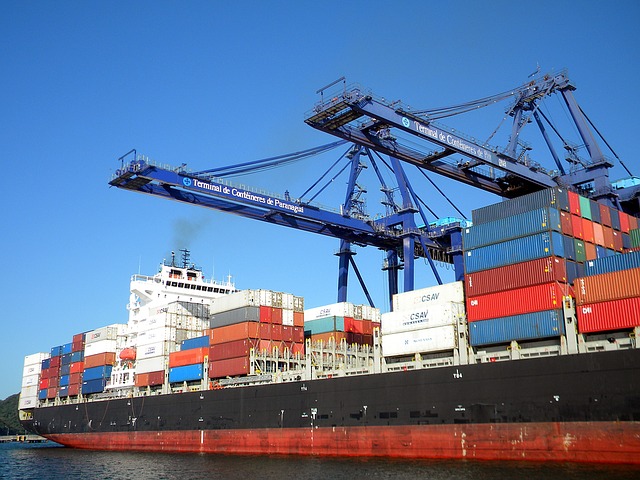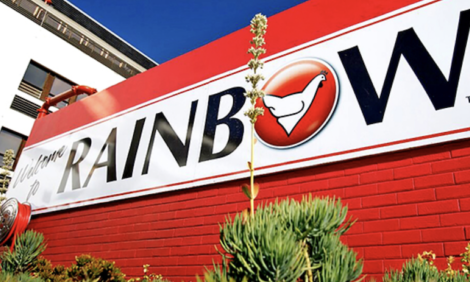



China requires imported cold-chain food to undergo nucleic acid test before sale
China’s Administration for Market Regulation now requires imported cold-chain food products to undergo a nucleic acid test for COVID-19 before any products can be sold in China.Reuters reports that China is carrying out sweeping inspections on food importers, supermarkets, e-commerce platforms and restaurants to prevent the spread of coronavirus through imported cold chain products, the country's market regulator said on Wednesday 2 December.
"The current epidemic prevention and control situation is still complex and austere, and the risk of the disease entering through imported cold chain links is continuously rising as the exchange of international personnel and goods increases," State Administration for Market Regulation said in a statement on its website.


While China has already stepped up testing and disinfection of imported frozen products at ports and in local markets, driving up costs and curbing demand, the latest comments from Beijing showed inspections on cold chain imports would only strengthen.
China has repeatedly detected the virus on packaging on products ranging from German pork knuckles to Ecuadorian shrimp, triggering disruptive import bans, even as the World Health Organisation says the risk of catching COVID-19 from frozen food is low.
The administration has also asked for authorities to have all cold storages registered by the end of the year, according to the statement.
Imported cold-chain food products cannot be sold in China without a report showing they have undergone a nucleic acid test for the coronavirus, the market regulation administration said, reiterating an existing policy.
Imported cold chain food products "without inspection and quarantine certificate, or nucleic acid test report, or disinfection certificate, or tractability information, must not be sold in the market," the statement said.
Local authorities must intensify the crackdown on imported cold chain food products without clear origin, or relevant receipts and bills, it said.
Producers and operators were to bring in imported cold chain food products through designated channels and store and sell them in designated areas, according to the statement.









